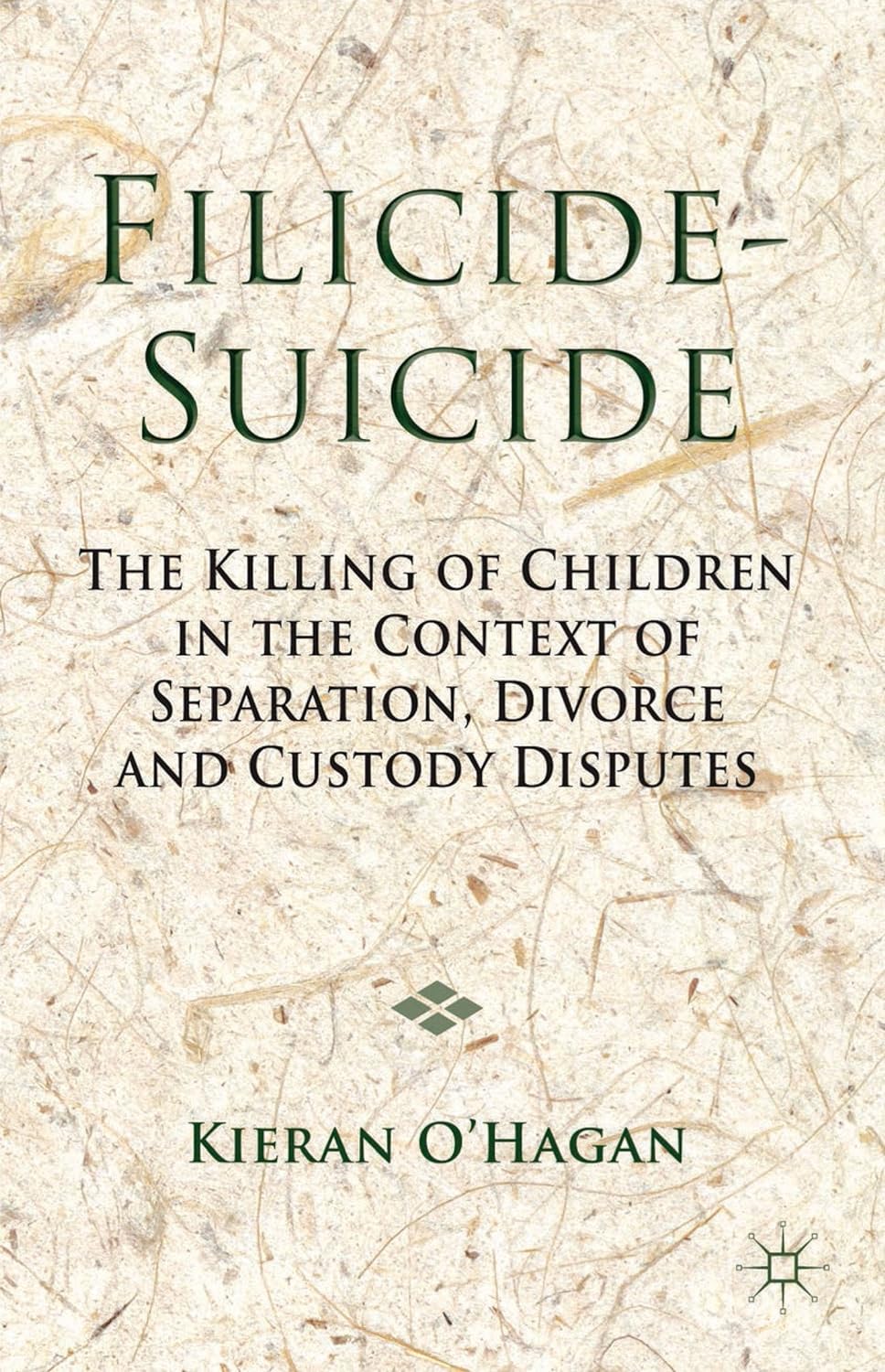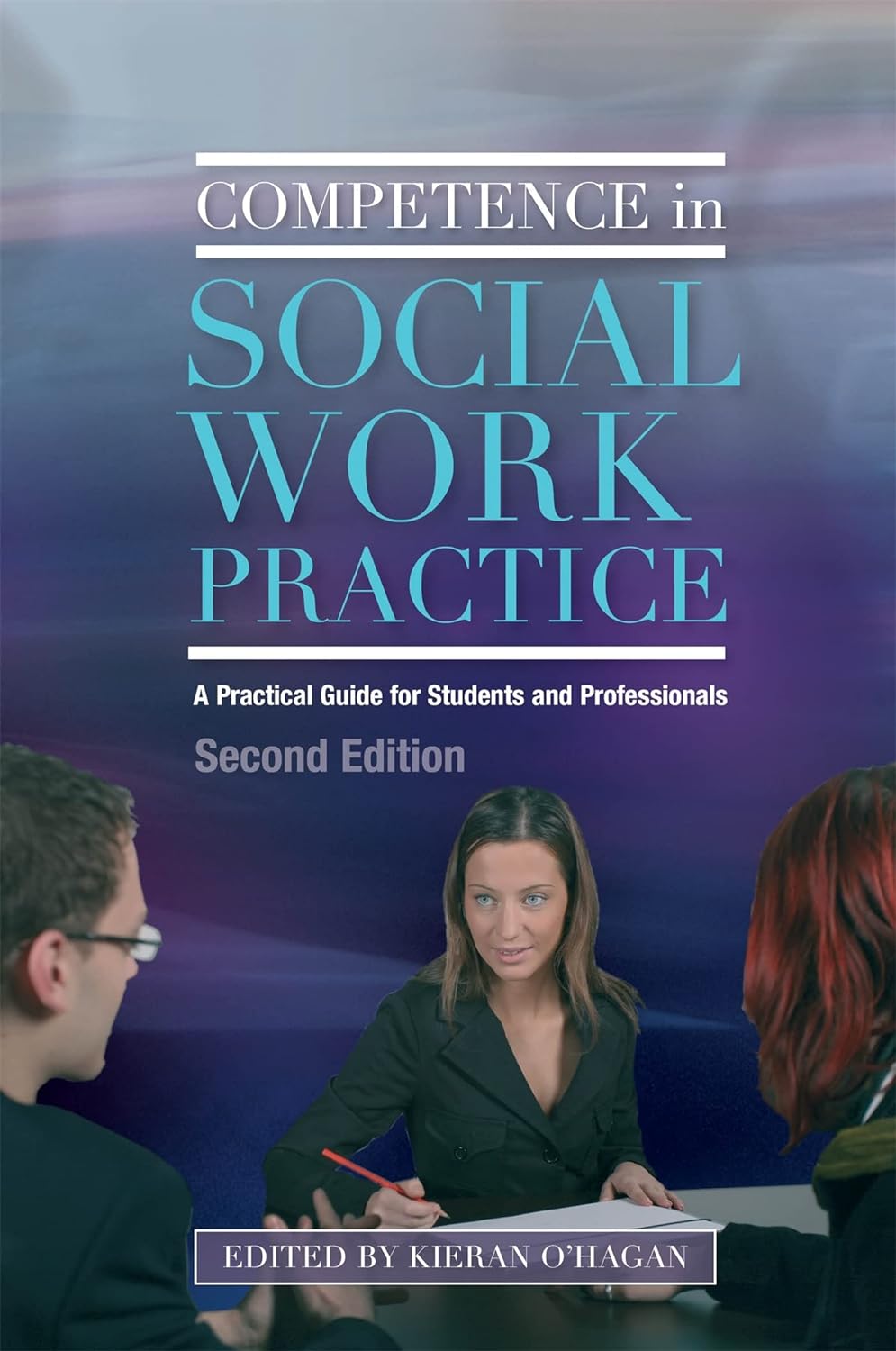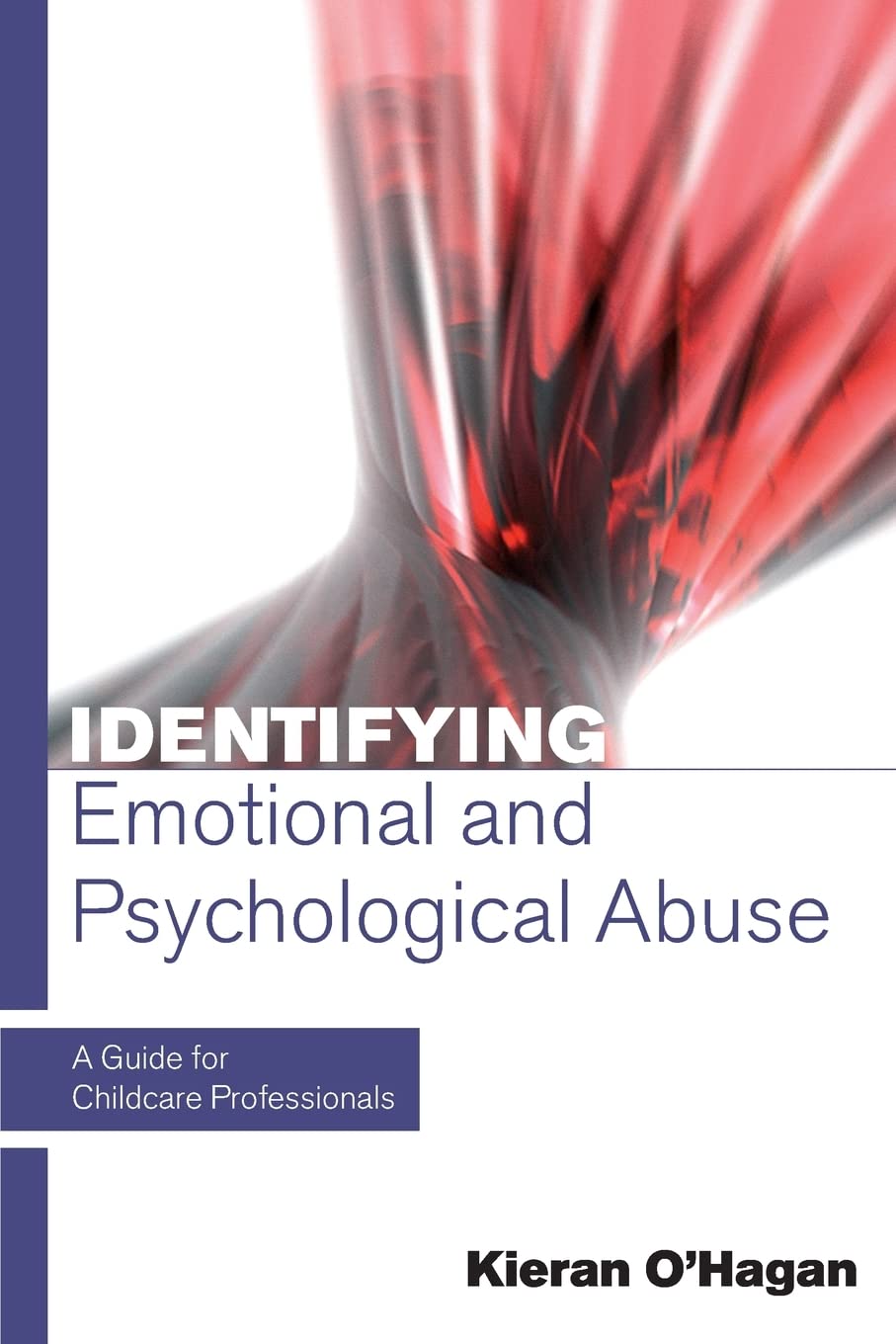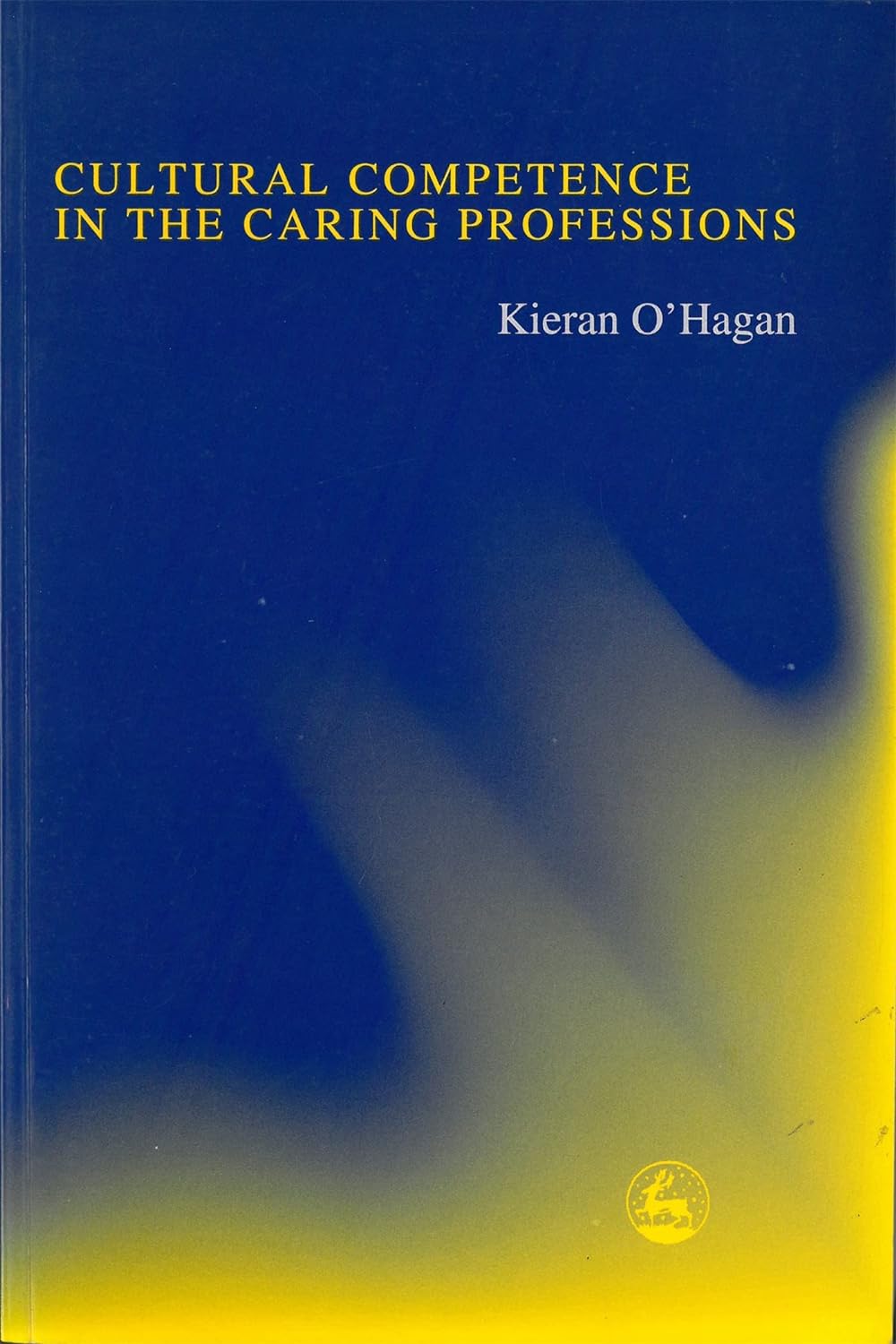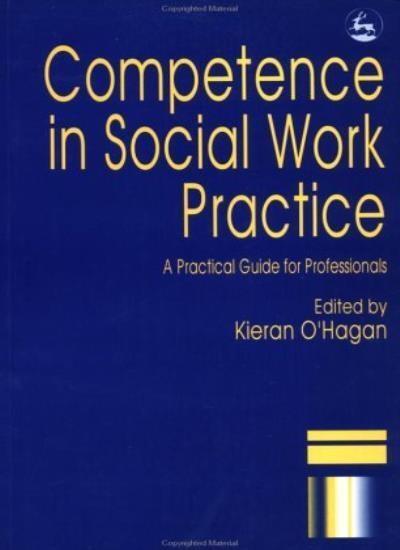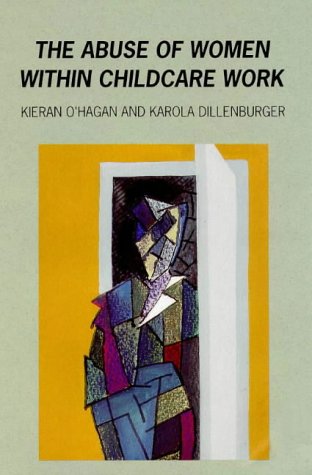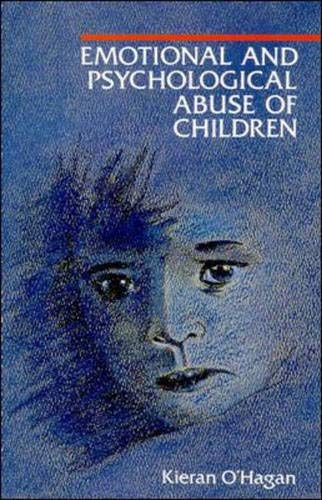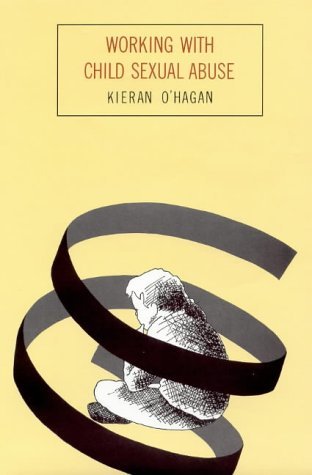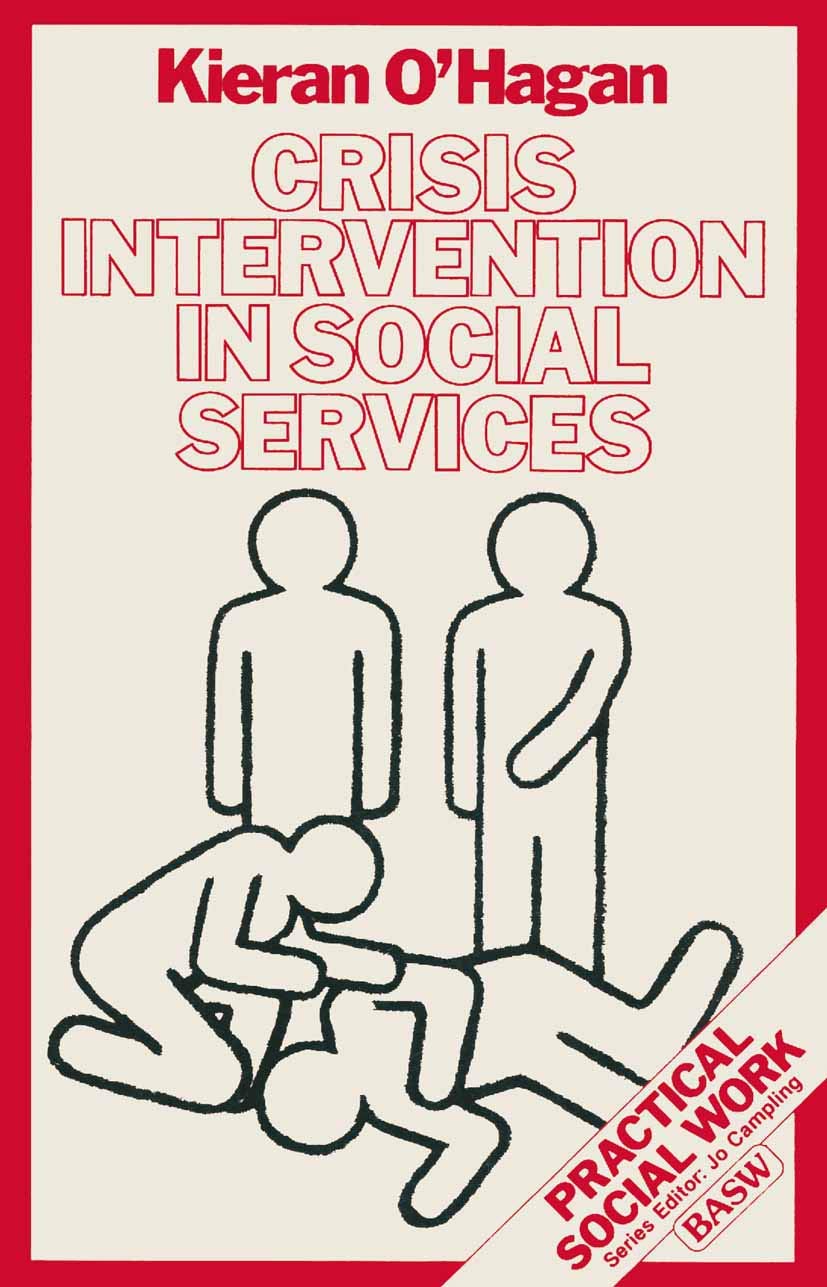Beethoven: “The Poison That Is In Me”
Beethoven: the greatest composer… was he a child abuser?
Beethoven was a musical genius. What is less well known is that he removed a 9 year-old child from his mother, and embroiled himself in one of the most bitter protracted custody disputes in childcare history.
The latest book from Kieran O’Hagan, is available now on Amazon & free download!



